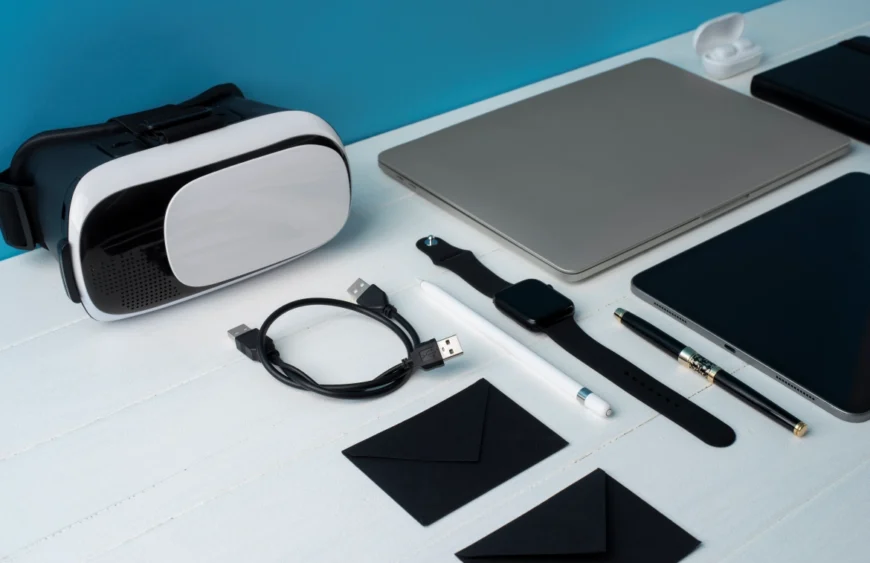Essential Electronics for Home Automation: Building a Smart Home Hub

In the era of connectivity, turning your home into a smart haven has never been more accessible. Building a smart home hub involves integrating essential electronics that enhance convenience, security, and energy efficiency. Here's a brief guide to the must-have electronics for a seamless home automation experience.
1. Smart Hub: At the heart of your smart home setup is the smart hub. This centralized device connects all your smart gadgets, allowing them to communicate with each other. Popular options include Amazon Echo, Google Nest Hub, and Samsung SmartThings. Choose a hub compatible with your preferred voice assistant and smart devices.
2. Smart Speakers: Enhance your home automation experience with smart speakers. These devices, such as Amazon Echo or Google Home, not only serve as voice-controlled assistants but also act as a hub extension, enabling you to control various devices with simple voice commands.
3. Smart Lighting: Transform your home's ambiance with smart lighting systems. Products like Philips Hue or LIFX offer color-changing bulbs and programmable lighting schedules. Adjust brightness levels and colors effortlessly using your smartphone or voice commands through your smart hub.
4. Smart Thermostats: Maximize energy efficiency and comfort with a smart thermostat. Brands like Nest or ecobee enable remote temperature control, learning your preferences over time to optimize heating and cooling while reducing energy consumption.
5. Smart Security Cameras: Keep an eye on your home even when you're away with smart security cameras. Brands like Arlo or Ring offer high-definition video streaming, motion detection, and smartphone alerts. Some cameras integrate with your smart hub for centralized control.
6. Smart Locks: Upgrade your home security with smart locks. These devices allow keyless entry, remote access control, and integration with your smart hub for comprehensive security management. Brands like August or Schlage offer a range of options to suit your needs.
7. Smart Sensors: Enhance automation and security with smart sensors. Motion sensors, door/window sensors, and water leak detectors can trigger specific actions or notifications when unusual activity is detected. Integrating these sensors adds an extra layer of safety to your home.
8. Smart Plugs: Convert traditional appliances into smart devices with smart plugs. These handy devices enable remote control of connected devices, allowing you to schedule operation times and monitor energy usage through your smart hub.
Building a smart home hub involves selecting electronics that seamlessly work together to create a cohesive and intelligent living space. As technology continues to advance, the possibilities for home automation are ever-expanding, providing homeowners with greater control, energy savings, and peace of mind.
